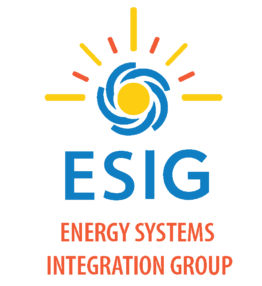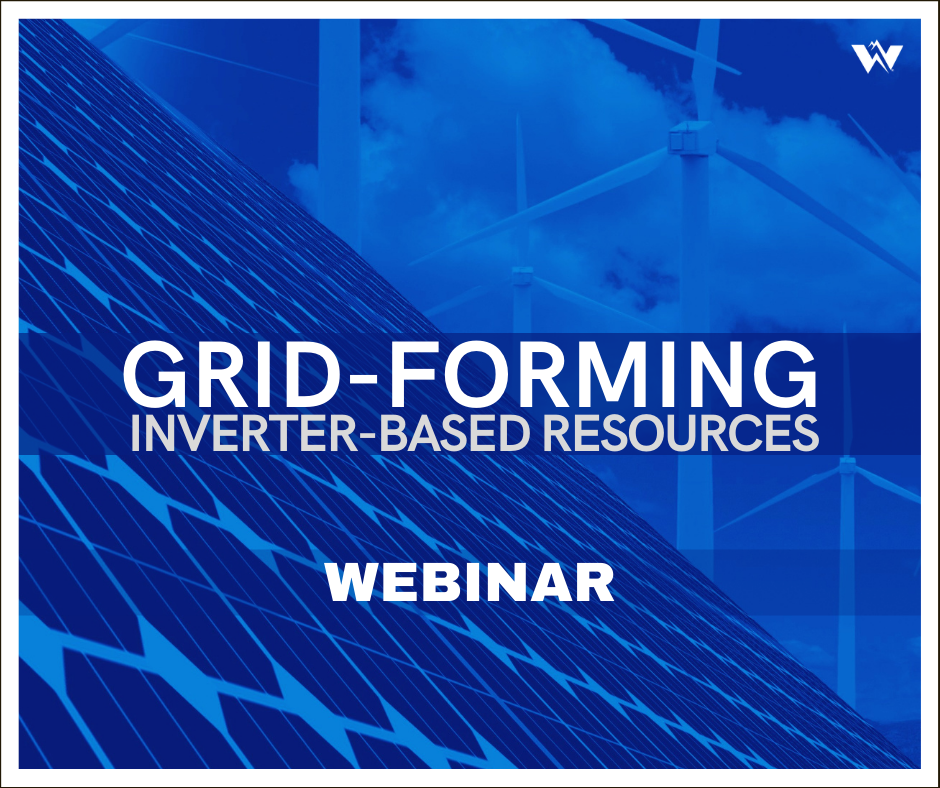
- This event has passed.
WECC/ESIG Grid-Forming Inverter-Based Resources Workshop
October 13, 2021 @ 11:00 am - 3:00 pm EDT
*Please see below for links to download presentations from the workshop.*
High levels of Inverter-Based Resources (IBR), e.g., wind, solar, batteries, can create challenges and advantages for power system stability. Join WECC and the Energy Systems Integration Group (ESIG) in a virtual workshop to explore mitigation options with a focus on grid-forming inverter technology. The workshop will start at a high-level, then discuss the details of weak grids, export stability, zero inertia, and IBR considerations. This grid-forming inverter-based resources workshop is meant to be accessible to a broad audience. This is an opportunity for discussing, asking questions, and sharing information.
Welcome, Call to Order—Travis English, WECC
Review WECC Antitrust Policy—Travis English
WECC Antitrust Policy
Please contact WECC legal counsel if you have any questions.
-
- Introduction to Workshop
Steve Ashbaker, WECC—Reliability Initiatives Director
Dr. Debbie Lew, ESIG—Associate Director
- Introduction to Workshop
-
- Advantages and Challenges of High Penetrations of IBR and Introduction to Grid-Forming IBR
Jason MacDowell, GE Energy Consulting—Senior Technical Director
- Advantages and Challenges of High Penetrations of IBR and Introduction to Grid-Forming IBR
-
- Applications of Grid-Forming IBR
Dr. Julia Matevosyan, ERCOT—Lead Planning Engineer
- Applications of Grid-Forming IBR
-
- Weak Grid Experiences in ERCOT
Dr. Julia Matevosyan, ERCOT—Lead Planning Engineer
- Weak Grid Experiences in ERCOT
-
- Export Stability Study Comparing Grid-Following IBR, Grid-Forming IBR, and Synchronous Machines
Nick Miller, HickoryLedge—Principal - Modeling of Grid-Forming IBR and Frequency Response in a 100% IBR Grid
Dr. Deepak Ramasubramanian, EPRI—Technical Leader - Grid-Forming IBR in Wind, Solar, Battery Plants
Sebastian Achilles, GE Energy Consulting—Managing Director
- Export Stability Study Comparing Grid-Following IBR, Grid-Forming IBR, and Synchronous Machines

